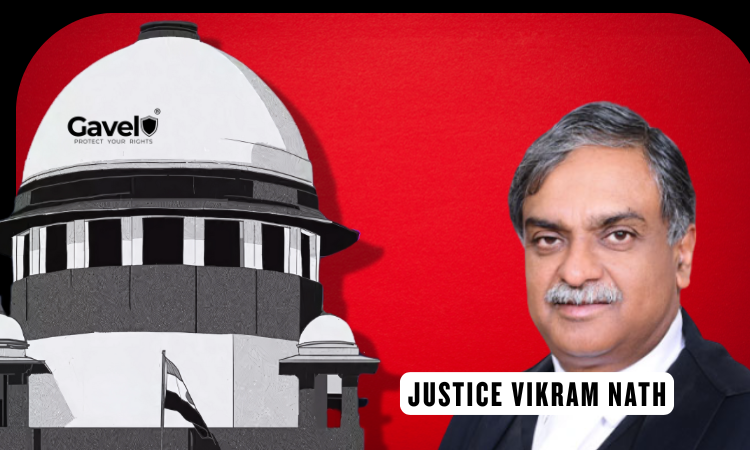In a landmark judgment on May 2, 2025, the Supreme Court of India reinforced the rights of individuals with disabilities in the realm of medical education. The Court ruled in favor of Kabir Paharia, a Scheduled Caste candidate with benchmark disabilities, who was denied admission to the MBBS course despite securing high marks in the NEET-UG 2024 examination.
Kabir Paharia, born with congenital absence of multiple fingers in both hands and deformities in his left foot, was assessed to have a 42% disability. Undeterred by his physical challenges, he achieved an impressive score of 542 in the NEET-UG 2024, securing a category rank of 176 in the SC/PwBD quota.
However, his aspirations faced a setback when the Disability Certification Board at Vardhman Mahavir Medical College-Safdarjung Hospital assessed his disability at 68% but concluded that he was ineligible to pursue medical courses as per the National Medical Commission (NMC) guidelines.
Challenging this decision, Paharia approached the Delhi High Court. The Single Bench directed a reassessment by a three-member board at AIIMS, which upheld the earlier conclusion of ineligibility. Subsequently, the Division Bench also ordered a fresh evaluation, but the outcome remained unchanged, leading to the dismissal of his appeal.
The Supreme Court, upon hearing the case, granted leave and overturned the High Court’s decision. The apex court emphasized that denying admission solely based on physical disabilities, without considering the individual’s capabilities and academic achievements, violates the principles of equality and non-discrimination enshrined in the Constitution.
The Court highlighted that Paharia’s academic performance demonstrated his competence and determination. It criticized the mechanical application of NMC guidelines without individualized assessment, stating that such an approach undermines the rights of persons with disabilities.
Conclusion
The Supreme Court’s decision in Kabir Paharia v. National Medical Commission is a testament to the judiciary’s role in upholding the rights of marginalized communities. It serves as a reminder that determination and merit should not be overshadowed by rigid interpretations of guidelines, especially when they hinder the aspirations of those striving against odds.
!

